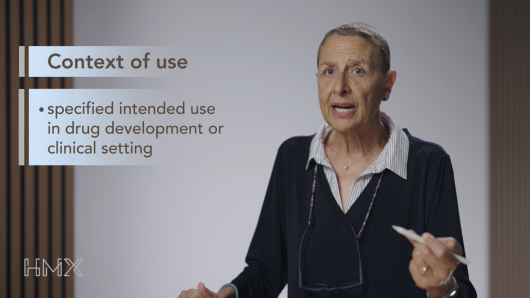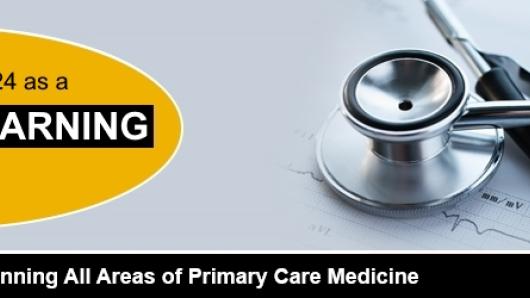465 results for
In-Person
Price
$4,200
Registration Deadline
In-Person
Price
$11,300
Duration
1 week long
Registration Deadline
In-Person
Price
$12,000
Duration
4 days long
Registration Deadline
Starts Mar 1
Online
Price
$495
Registration Deadline
Available now
In-Person
Price
$18,000
Duration
6 days long
Registration Deadline
Starts Mar 8
Online
Price
$1,850
Duration
5 weeks long
Registration Deadline
Available now
In-Person
Price
$11,300
Duration
1 week long
Registration Deadline
In-Person
Price
$10,900
Duration
1 week long
Registration Deadline
In-Person
Price
$18,500
Duration
6 days long
Registration Deadline
Starts Jan 17
In-Person
Price
$18,000
Duration
6 days long
Registration Deadline
Starts May 31
In-Person
Price
$3,200
Registration Deadline
Online
Price
$1,995
Duration
6 weeks long
Registration Deadline
Online
Online Live
Price
$4,300
Duration
5 weeks long
Registration Deadline
Online
Price
$1,600
Duration
4 weeks long
Registration Deadline
Opens Jun 10

























